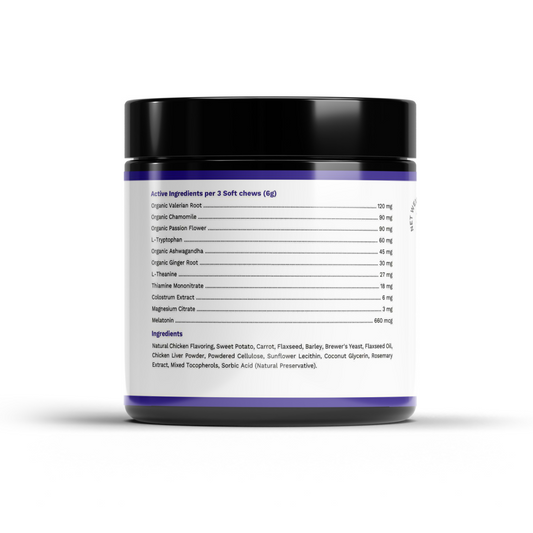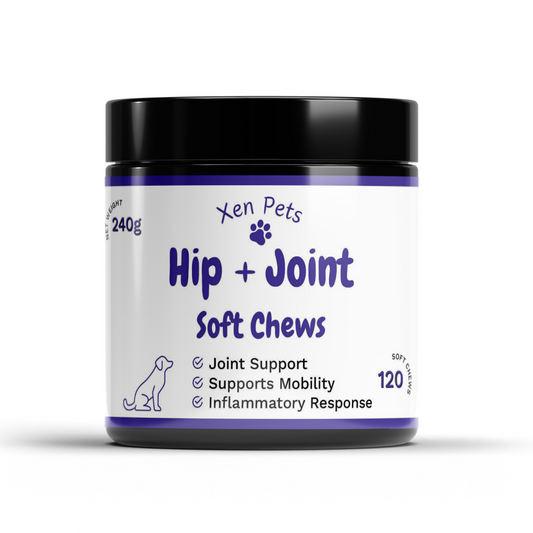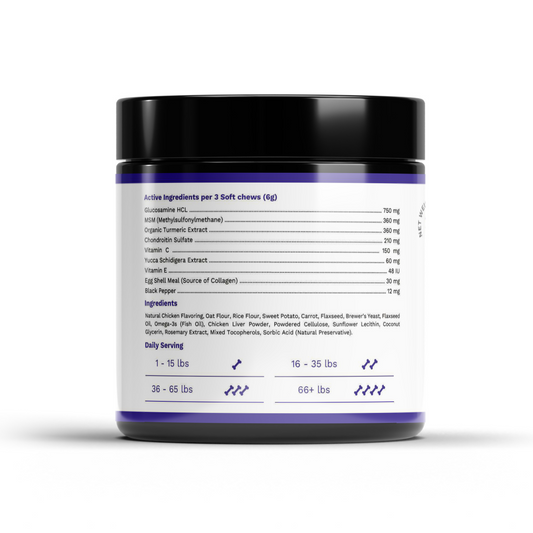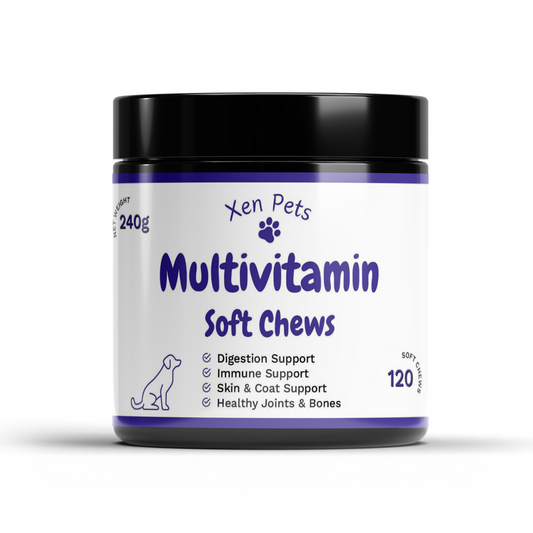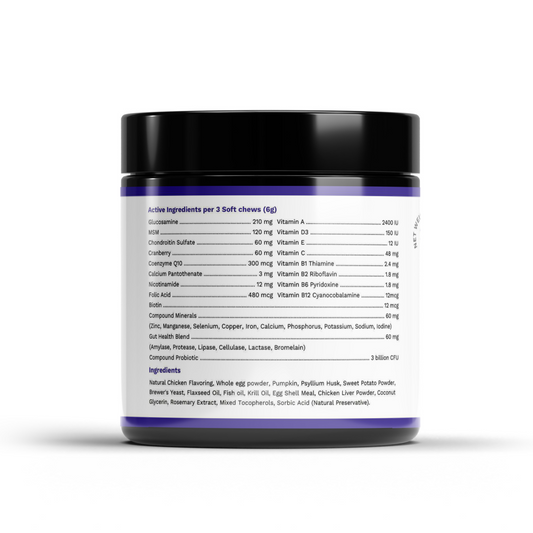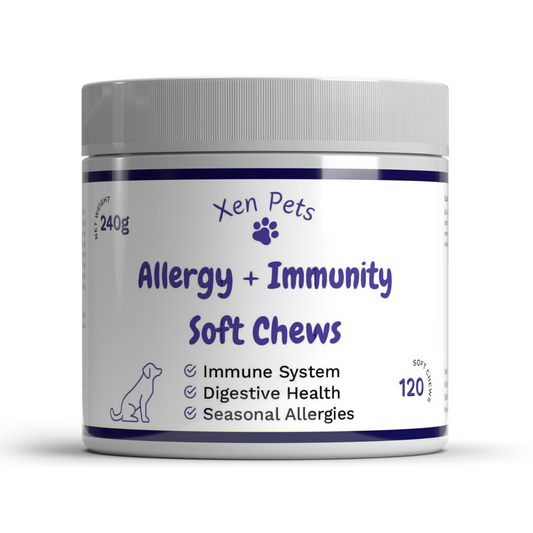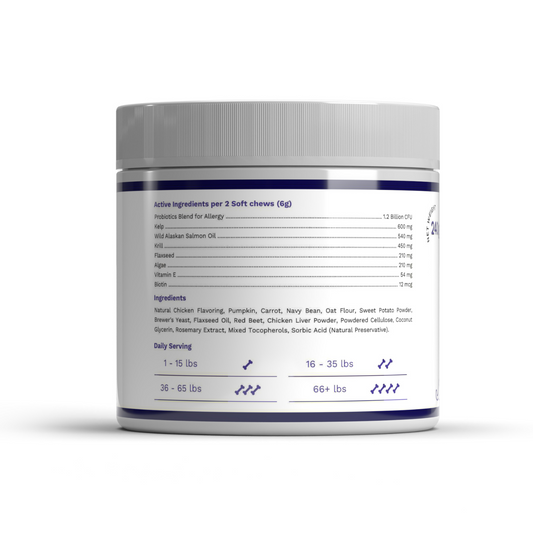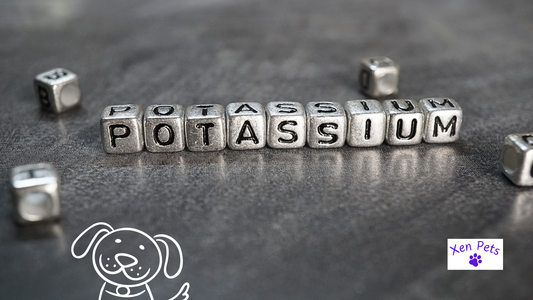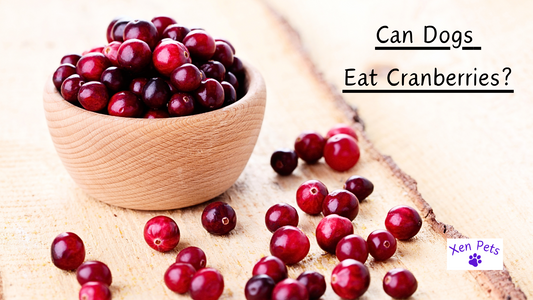Calcium for Dogs: Benefits, foods, and deficiency
Tory JohnsonShare
Calcium plays an important role in the development and maintenance of strong bones and teeth, it's also necessary for healthy muscle function and energy levels.
Unfortunately, many dog owners overlook this important mineral and don't realize how much their dogs need to stay healthy.
In this blog post, we'll explore why calcium is so important for dogs as well as the best sources of calcium.
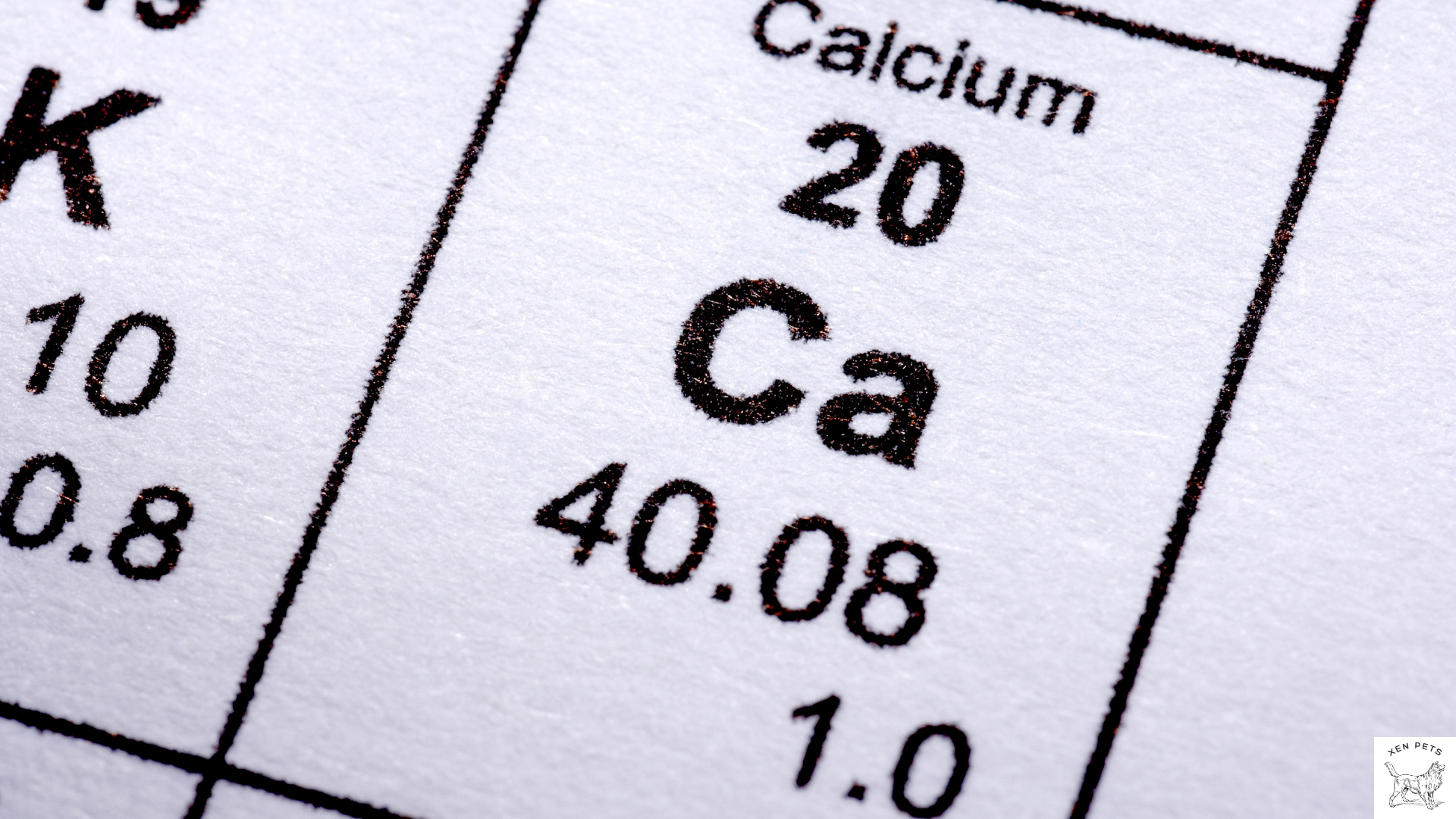
What is calcium?
Calcium is an essential mineral found in bones, teeth, nerves, and muscles. It's necessary for the proper functioning of all these parts of the body.
For dogs, calcium is particularly important for the development and maintenance of strong bones and teeth.
Without enough calcium, dogs can suffer from calcium deficiency, which can cause a variety of health problems.
Symptoms of calcium deficiency in dogs can include muscle tremors, weakness, lethargy, and difficulty standing or walking.
It's important for dog owners to make sure their pets are getting adequate amounts of calcium in their diet to prevent these issues.
What is calcium carbonate for dogs?
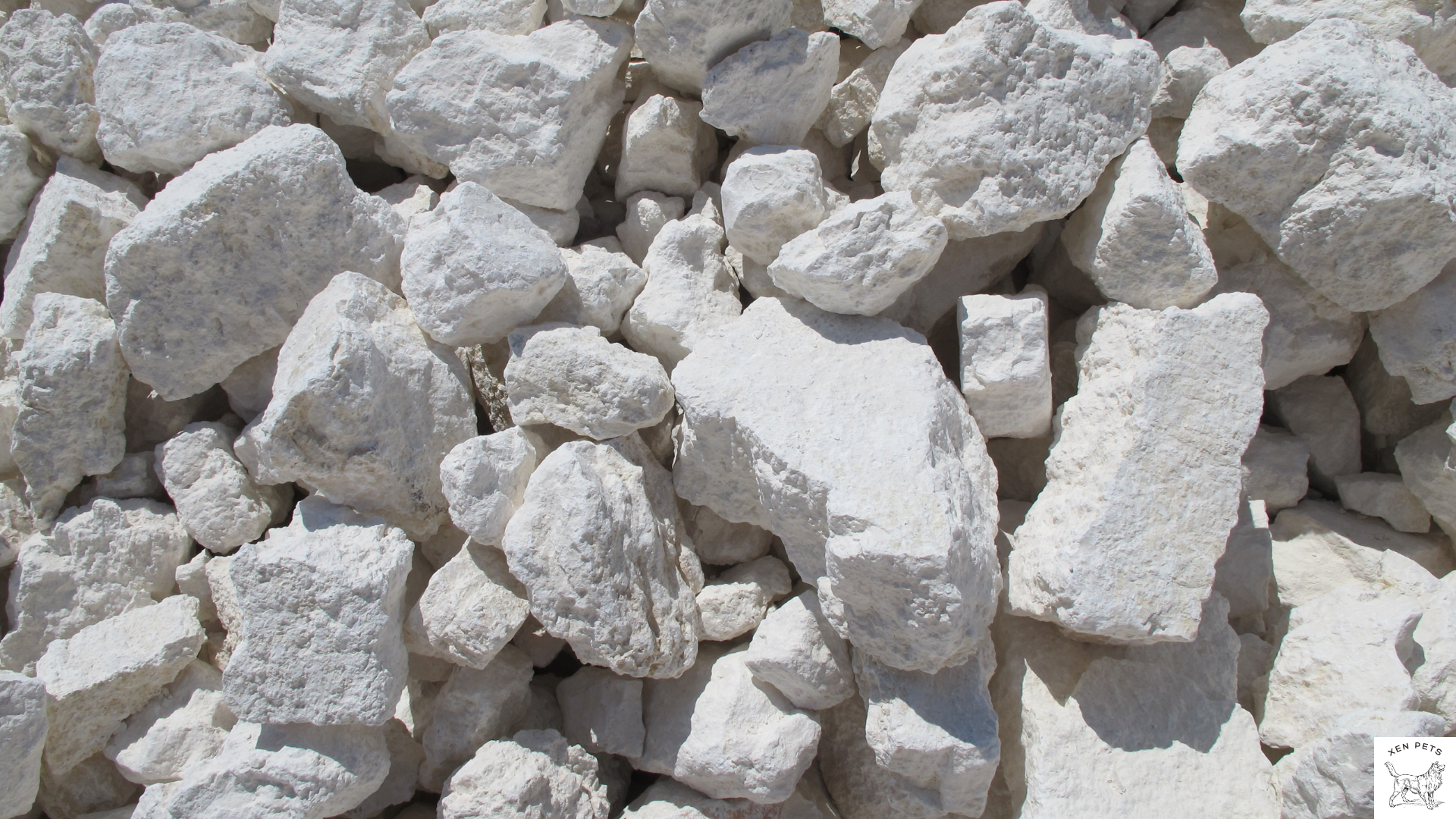
Calcium carbonate is a naturally occurring mineral that is often used in various products because of its unique properties.
From aiding in the formation of strong bones and teeth to providing the fizz in your favorite antacid tablet, calcium carbonate is a versatile compound with a lot of practical uses.
It is commonly found in rocks, shells, and other forms of marine life such as pearls.
Unlike other forms of calcium, calcium carbonate has a much higher pH level, which makes it ideal for neutralizing acids.
But what about dogs? Can they have calcium carbonate? The answer is yes. Calcium carbonate is safe for dogs to consume when used in proper doses.
In fact, it is often included in dog food and supplements as a source of the essential nutrient calcium, which promotes strong bones and teeth in our furry friends.
Sources of calcium for dogs
Fortunately, there are plenty of foods available that are rich in calcium.

5 Foods high in calcium
- Dairy products (e.g. cheese and yogurts)
- Vegetables (e.g. broccoli)
- Legumes (e.g. beans)
- Tuna
- Salmon
Calcium deficiency in dogs (hypocalcemia)
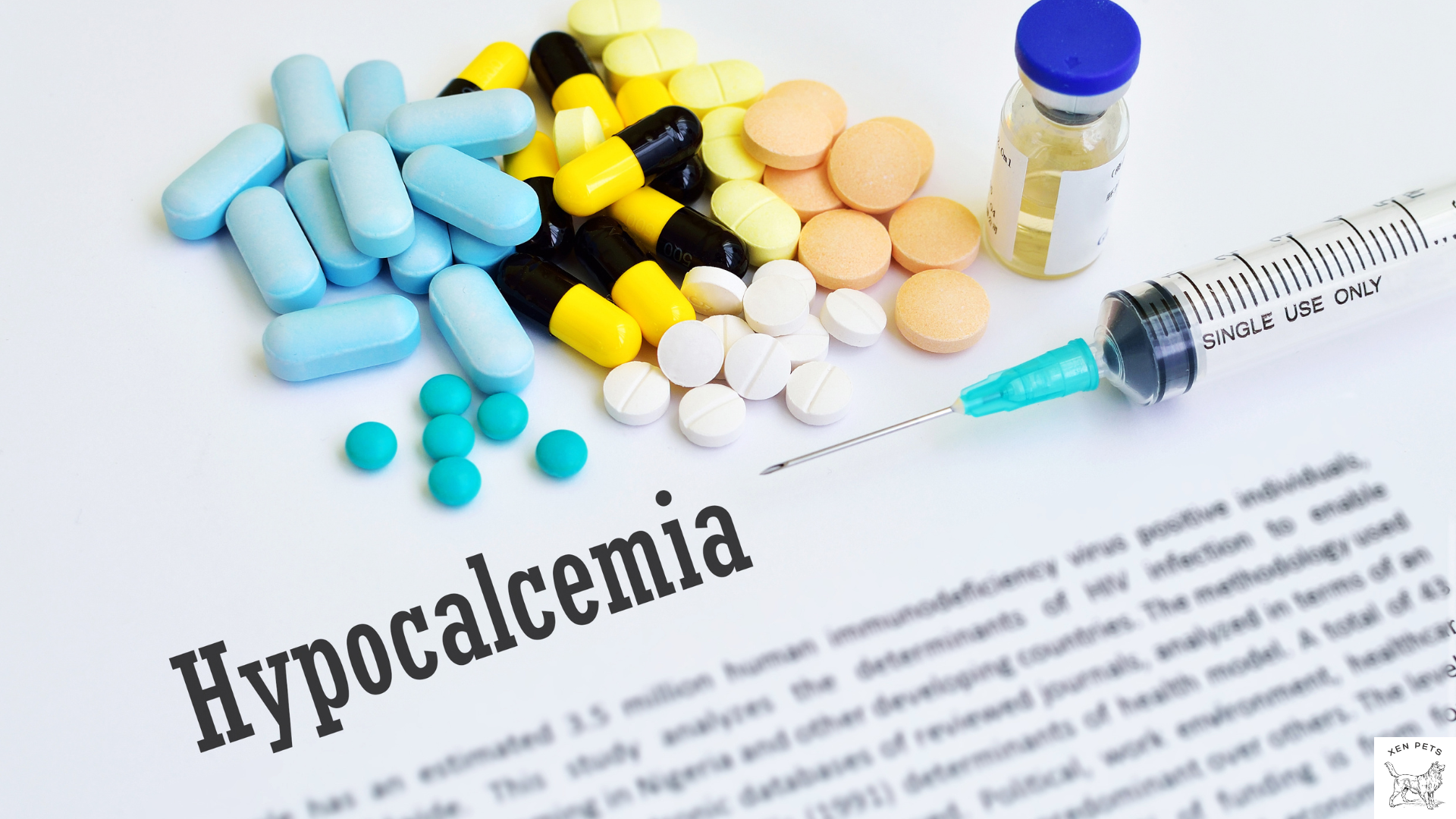
Hypocalcemia is a condition that can affect dogs of any age or breed. It occurs when your dog has low blood calcium.
Fortunately, with prompt diagnosis and treatment, it is often possible to manage the condition and improve the quality of life for affected dogs.
In most cases, too little calcium develops secondary to an underlying medical condition, such as kidney disease or Vitamin D deficiency. The good news is that, once the underlying condition is addressed, the hypocalcemia will usually resolve itself or show significant improvement.
Home remedy for low calcium in dogs
Calcium supplements can play a vital role in maintaining your dog's health. Calcium supplements come in different forms, including pills, chews, and powders. These supplements are a great way to ensure that your dog is getting the calcium they need for optimal growth and development.
Hypercalcemia in dogs
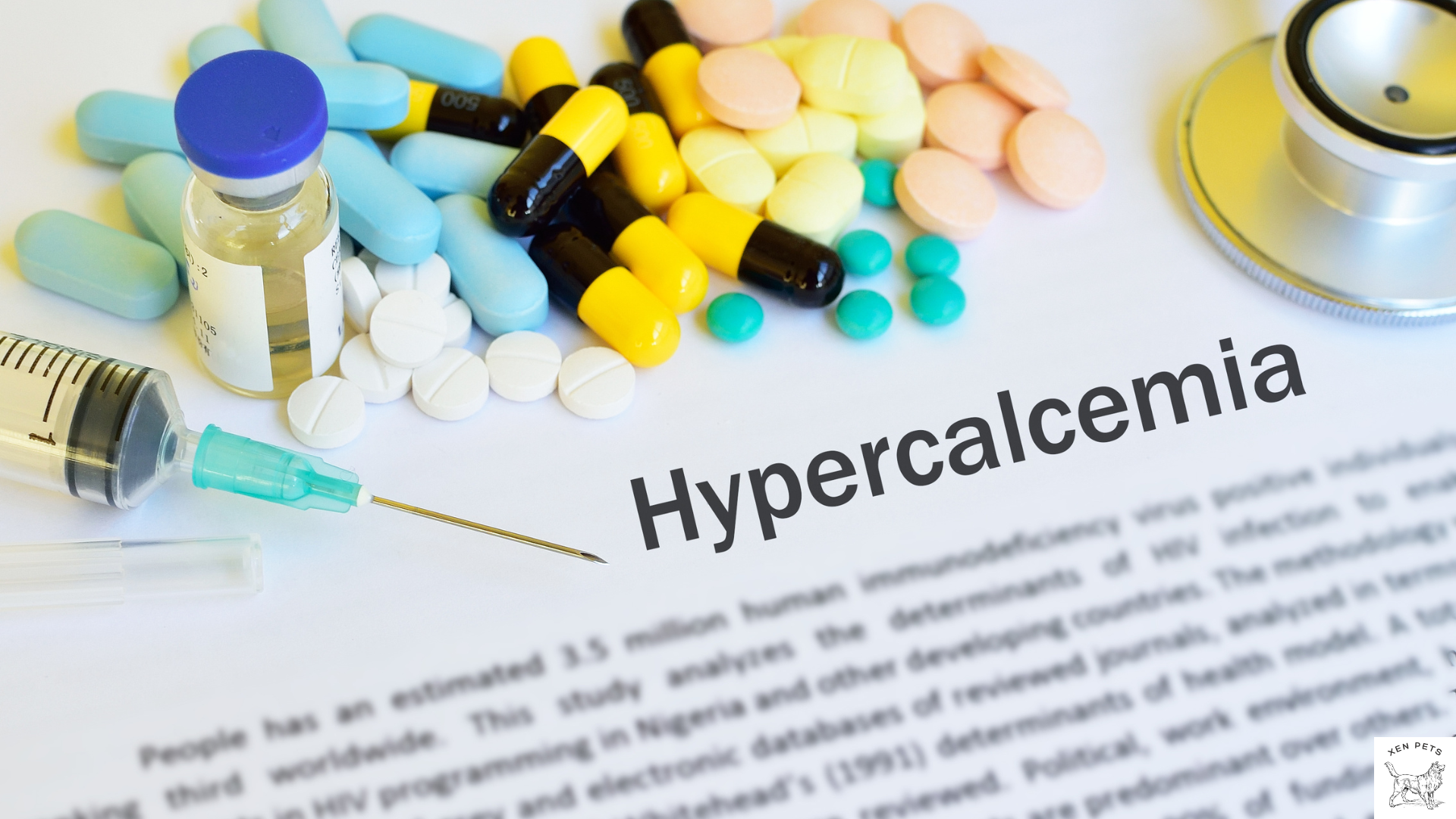
Hypercalcemia, or the condition of having too much calcium, can harm all of your dog's body tissues, including his kidneys, nervous system, and cardiovascular system. One sign of too much calcium is white dog poop.
If left untreated, the consequences can be devastating.
How to lower calcium levels in dogs naturally
Feed your dog a complete and balanced diet. Calcium should be balanced with phosphorus, minerals, and vitamin D.
A calcium supplement isn't needed if your dog's food is complete and balanced.
The bottom line
Calcium is an important mineral for every dog's health. There are various sources of calcium available for dogs, including full-diet foods and calcium supplementation.
When making feeding decisions for your dog, researching and observing the recommended daily calcium amounts is key.
Lastly, if you think that your dog might have low blood calcium levels, talking to a veterinarian can help you spot signs of any potential problems.
Learn more about your dog's diet by reading Xen Pets' Nutrition Guides.


